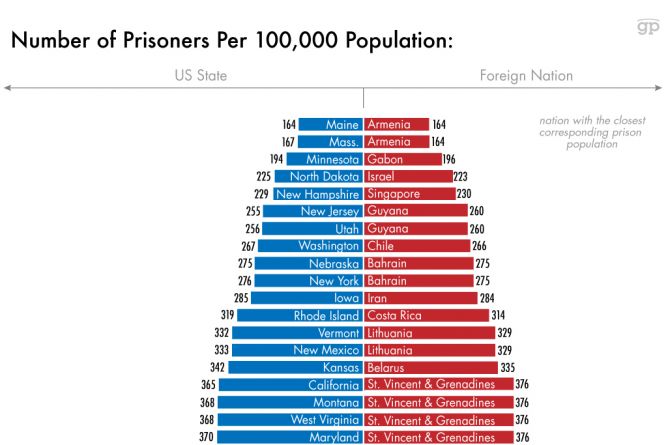
Later, Cook combined that name with the surname “Abu-Jamal,” which means “father of Jamal” in Arabic, after the birth of his son Jamal.Īs a teenager, Abu-Jamal became involved with the Black Panther Party, and he later became a radio reporter. In 1968, a teacher encouraged students to take African or Arabic names for classroom use and dubbed Cook “Mumia,” the name of an anti-colonial African nationalist who fought against the British before Kenyan independence. Over the last four decades, Abu-Jamal has published innumerable books and pieces of commentary on the carceral state and other social and political issues, including “Live from Death Row” in 1995 and “We Want Freedom: A Life in the Black Panther Party” in 2004. He was described by the New York Times in 1995 as “the most visible of the 3,000 people awaiting execution on America’s death rows.”Ību-Jamal was born Wesley Cook in Philadelphia in 1954. This collection will give scholars a rare chance to peer inside prison walls and understand how incarcerated people live, think and advocate for themselves.” “As a result, people who are incarcerated are largely absent from national conversations - with the exception of Mumia Abu-Jamal, who has spoken on behalf of this often-invisible demographic. “Prisons are designed to keep the incarcerated in and to keep others out,” said Kenvi Phillips, director of library diversity, equity and inclusion at Brown. The new collecting focus aims to provide essential research materials that will advance scholarship on incarceration in the United States. Government and institutional records on incarceration, law and policy abound, yet Americans have access to few archival materials from incarcerated people, their families and advocates. prison population has grown more than 500% to 2 million people - more than any other nation - and that nearly two thirds of prisoners are Black or Latino. Strauss noted that since the 1970s, the U.S. Among the materials is a thick, heavy pair of glasses that Abu-Jamal famously wore for many years journals, which feature his personal thoughts, poems and legal arguments and part of a painstakingly detailed visitor list Abu-Jamal is still required to maintain to meet with people from the outside world. With more than 60 boxes of papers spanning 1981 to 2020, the collection documents Abu-Jamal’s trial, prison and death row experiences his reflections on civil rights and freedom the challenges he has experienced as an activist in a maximum-security prison and the public’s reaction to his case, as articulated in newspaper articles, films, cards and letters. The acquisition, along with the Fernández papers, will be made available for use in 2023 following a thorough cataloguing process.
#Percentage of americans that have done time in jail archive
The Abu-Jamal papers at the John Hay Library will join a growing archive of scholarly materials on incarceration amassed by the CSREA. including the library, the Center for the Study of Race and Ethnicity in America, the Center for the Study of Slavery and Justice and the Pembroke Center, a hub of feminist research at Brown. The new scholarly focus is a partnership between several academic centers at Brown that have drawn connections between mass incarceration and systemic inequalities in the U.S. “This Voices of Mass Incarceration collecting focus aims to provide researchers with unprecedented access to the first-person accounts they need to understand the experiences of people who have spent time in prisons and jails, enriching our collective understanding of how the expanding carceral system has transformed American society.” Strauss, director of the John Hay Library. “The carceral system touches millions of Americans’ lives, yet the historical archive has a scarcity of stories of incarcerated people,” said Amanda E. Buc ’65 Pembroke Center archivist, the Abu-Jamal papers will serve as anchors for a new strategic collecting focus at the John Hay Library: Voices of Mass Incarceration. Questions about Abu-Jamal’s guilt have prompted deep legal examination and fueled international discussion since the 1980s, and the acquisition of his papers is part of a broader initiative to advance research on incarceration. Curated by Mary Murphy, the Nancy L.

The library has also obtained related personal papers from Johanna Fernández - a Brown Class of 1993 graduate and esteemed historian of social movements and 20 th century American history - who has been a longtime advocate for Abu-Jamal and has for decades maintained his innocence. A journalist who was convicted of murder and sentenced to death in 1982, Abu-Jamal’s incarceration and sentencing have stirred fierce national debates about racial injustice and the ethics of the death penalty. The John Hay Library, home to Brown University’s special collections, in partnership with Brown’s Pembroke Center, has acquired a vast set of records, writings and artwork from political activist Mumia Abu-Jamal.


 0 kommentar(er)
0 kommentar(er)
